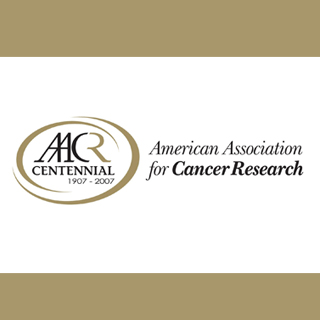
Patients who were former smokers were tested for celecoxib, a COX-2 inhibitor and found an apparent advantage in bronchial health as calculated by the Ki-67 labeling index. The analysis is a follow-up of an initial study that showed a similar influence on Ki-67 among former and current smokers.
Jenny Mao, M.D., a professor of medicine at the University of New Mexico and section chief of pulmonary and critical care medicine at the New Mexico VA Health System, specified “Taken together, these findings strongly suggest that celecoxib can be used as a chemopreventive agent in these high-risk groups.â€
Mao however warns that both initial and the current studies are phase II tests and Phase III trials are required to affirm the revelations. There are apparently 45 million former smokers and 45 million current smokers in the United States alone.
Presently, oncologists do not seem to have an appropriate treatment for lung cancer. If undetected in the earliest stages, then the five-year survival is apparently only about 15 percent. The survival rate can increase only if the condition is treated at the initial stages itself and celecoxib seems to be a related technique.
137 patients were a part of the study and were randomly administered 400 mg of celecoxib or a placebo at two times in a day. The enrolled patients had completed 45 years of age and had apparently quit smoking for a minimum of 1 year. The patients underwent bronchoscopies at baseline and 6 months to measure the alterations in the Ki-67 labeling index.
The index decreased by 34% when treated with celecoxib and increased by 3.8% when exposed to placebo. Lowering of the index was also seemingly associated with lung nodules which are a potential predecessor to lung cancer.
The study is presented in the journal Cancer Prevention Research.
